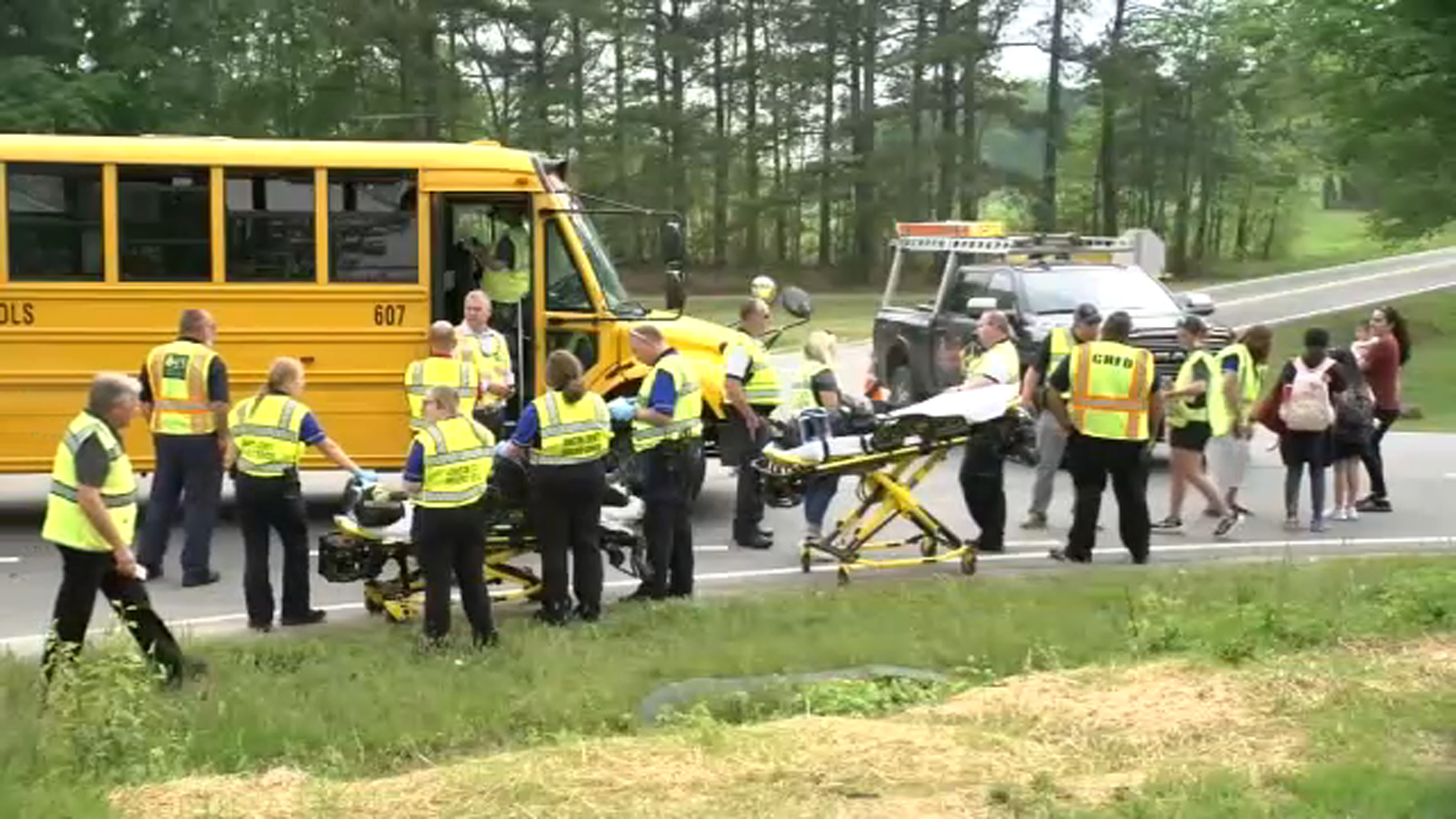Arrests of Oregon standoff leaders leaves 1 person dead


BURNS, Ore. -- Federal and state officials were restricting access on Wednesday to the Oregon refuge being occupied by an armed group after one of the occupiers was killed during a traffic stop and eight more, including the group's leader Ammon Bundy, were arrested.
The group, which has included people from as far away as Arizona and Michigan, seized the headquarters of the Malheur National Wildlife Refuge on Jan. 2. They want federal lands turned over to local authorities.
The confrontation came amid increasing calls for law enforcement to take action against Bundy for the illegal occupation of the wildlife refuge.
Details of the fatal encounter were sparse. It happened as Bundy and his followers were heading to a community meeting late Tuesday afternoon in John Day, about 70 miles north of Burns.
Arianna Finicum Brown confirmed that her father, Arizona rancher Robert "LaVoy" Finicum, was the man killed, the Oregonian reported. The 55-year-old was a frequent and public presence at the refuge, often speaking for the group at news conferences.
"This is where I'm going to breathe my last breath, whether I'm 90, 95 or 55," Finicum told The Associated Press on Jan. 5. " ... I'm going to not spend my days in a cell."
The FBI and Oregon State Police would only say the man killed in the police shooting was wanted by federal authorities, and said no more information would be released pending identification by the medical examiner.
Jason Patrick, one of the leaders of the occupation, told radio station Oregon Public Broadcasting that five or six group members remain inside the refuge.
For weeks law enforcement vehicles have been noticeably absent from the roads surrounding the refuge. Wednesday, however, marked law enforcement cars are dotted throughout the region. The FBI and Oregon State Police said they were setting up checkpoints and only allowing ranchers who own property in specific areas to pass.
Police and news media have converged on the nearby town of Burns, where most hotels are booked to capacity.
Brand Thornton, one of Bundy's supporters, said he left the refuge Monday and wasn't sure what those remaining would do.
"The entire leadership is gone," he told The Associated Press in a telephone interview. "I wouldn't blame any of them for leaving."
Thornton called the arrests "a dirty trick" by law enforcement.
In addition to Ammon Bundy, those arrested were: his brother Ryan Bundy, 43; Brian Cavalier, 44; Shawna Cox, 59; and Ryan Payne, 32 - apprehended during the traffic stop on U.S. Highway 395 Tuesday afternoon. Authorities said two others - Joseph Donald O'Shaughnessy, 45, and Peter Santilli, 50 - were arrested separately in Burns, while FBI agents in Arizona arrested another, Jon Eric Ritzheimer, 32.
Each will face a federal felony charge of conspiracy to impede officers of the United States from discharging their official duties through the use of force, intimidation or threats, authorities said.
Law enforcement previously had taken a hands-off approach, reflecting lessons learned during bloody standoffs at Waco, Texas, and Ruby Ridge, Idaho, during the 1990s.
Many residents of Harney County, where the refuge is located, have been among those demanding that Bundy leave. Many sympathize with his criticism of federal land management policies but opposed the refuge takeover.
"I am pleased that the FBI has listened to the concerns of the local community and responded to the illegal activity occurring in Harney County by outside extremists," Oregon Sen. Jeff Merkley said in a statement.
The Bundys are the sons of Nevada rancher Cliven Bundy, who was involved in a high-profile 2014 standoff with the government over grazing rights.
The group, calling themselves Citizens for Constitutional Freedom, came to the frozen high desert of eastern Oregon to decry what it calls onerous federal land restrictions and to object to the prison sentences of two local ranchers convicted of setting fires.




